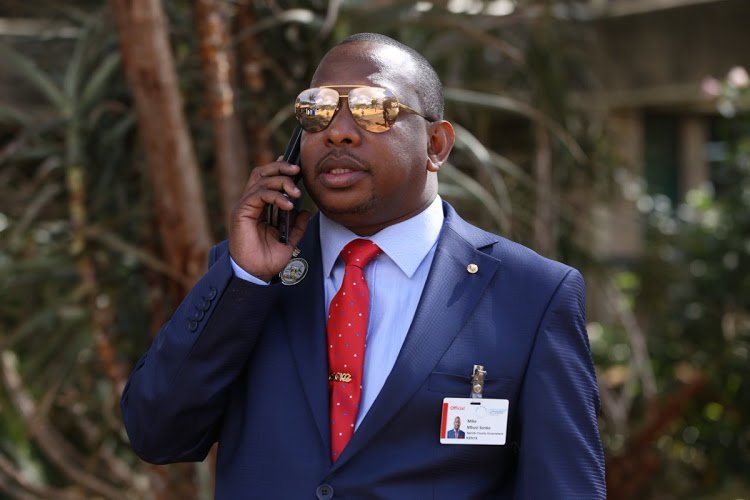[ad_1]
The government has used Ksh 1.2B in the last five years to compensate victims of human-wildlife conflict with the number of victims on the rise.
In the period, Ksh 569M was used to pay off 163 families whose kin were killed by wildlife in various parts of the country.
The figures are expected to double in the coming year with figures from KWS indicating that the number of victims killed or injured by the animals was on an upward projection.
According to Wildlife PS Prof. Fred Segor, funds set for compensating victims of wildlife attacks had risen from Ksh 147M in 2014-15 to Ksh 439M in 2018-19 financial year.
Get breaking news on your Mobile as-it-happens. SMS ‘NEWS’ to 20153
“Since the community wildlife conservation committee came into force in January 2014, the government had released over Sh1.2B towards compensation,” he said.
The PS noted that between 2014 and 2017, there were 13,125 compensation claims which had been presented to the ministry with 4,722 deferred due to lack of relevant documents.
He added that there was an additional 8,478 claims which included 352 human deaths that had been presented to the State between June 2017 and November 2019.
“Of this claims 352 are human deaths, 2,180 are human injuries, 2,632 are livestock predation, 3,152 crop damages and 162 are property destruction,” he noted.
This emerged when the PS opened a conflict compensation claims processing workshop at KWS Training Institute in Naivasha on Wednesday.
Segor decried the rising cases of human-wildlife conflict noting that there was an urgent need to address this and save the government the major losses it was incurring.
“We have seen the number of wildlife increase sharply in some areas and thus the need to control them before more lives are lost,” he said.
He said that plans were underway to use insurance to compensate victims adding that the department was committed clearing the current backlog before the end of the year.
“Human-wildlife conflict is the biggest threat to conservation in the country today as a significant population of wildlife thrives outside protected areas,” he said.
On his part, KWS Director-General Brigadier Rtd John Waweru noted that the current conflict cases were fuelled by declining space for wildlife.
He added that change in land use, declining resources, climate change and closure of wildlife corridors during development had also seen the number of the cases increase.
“Under this induction workshop, we want to ease the process of addressing the issue of compensation for families which in the past has taken years to be completed,” he said.
[ad_2]

















































